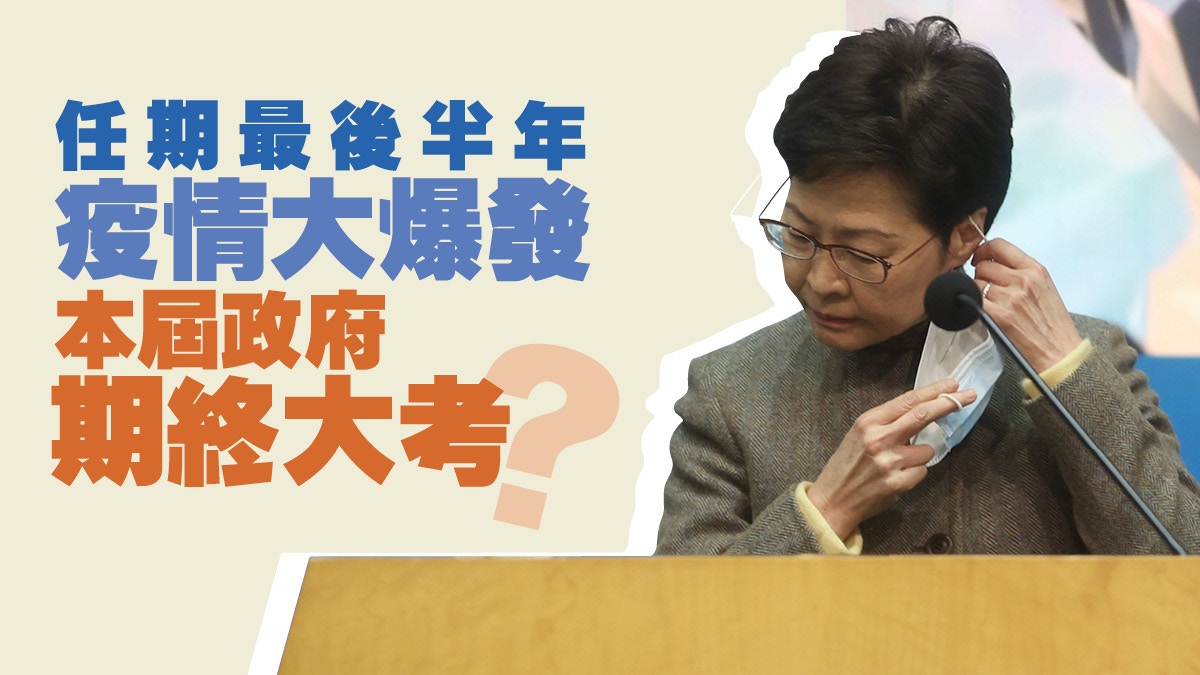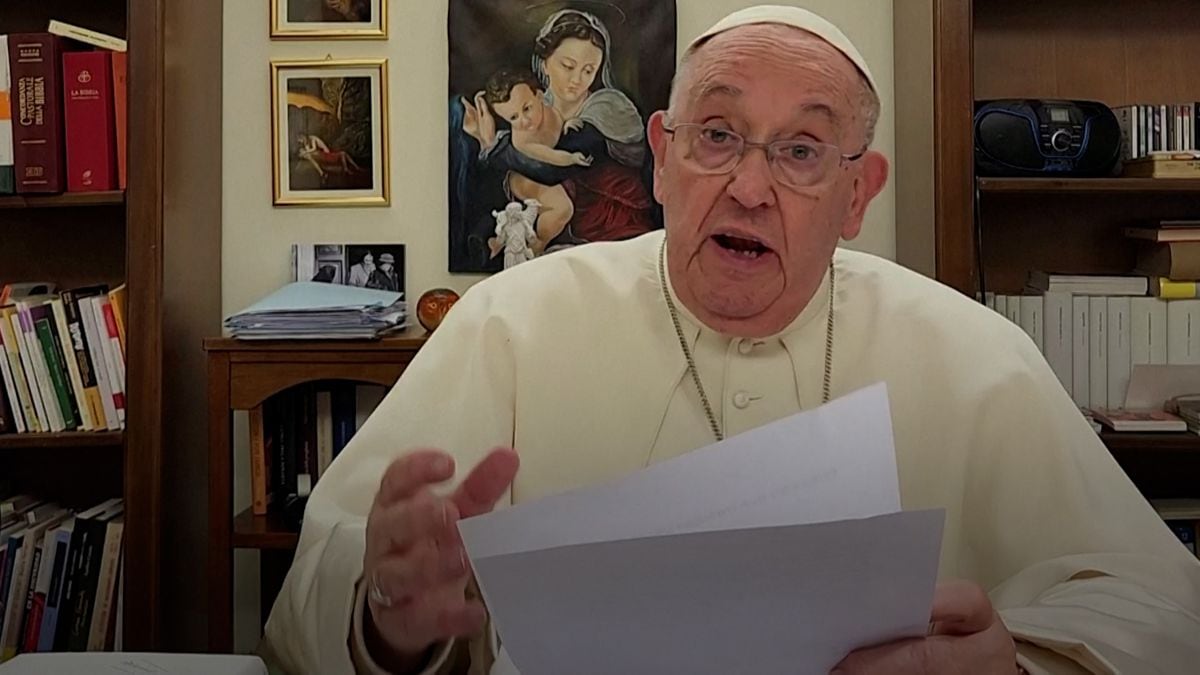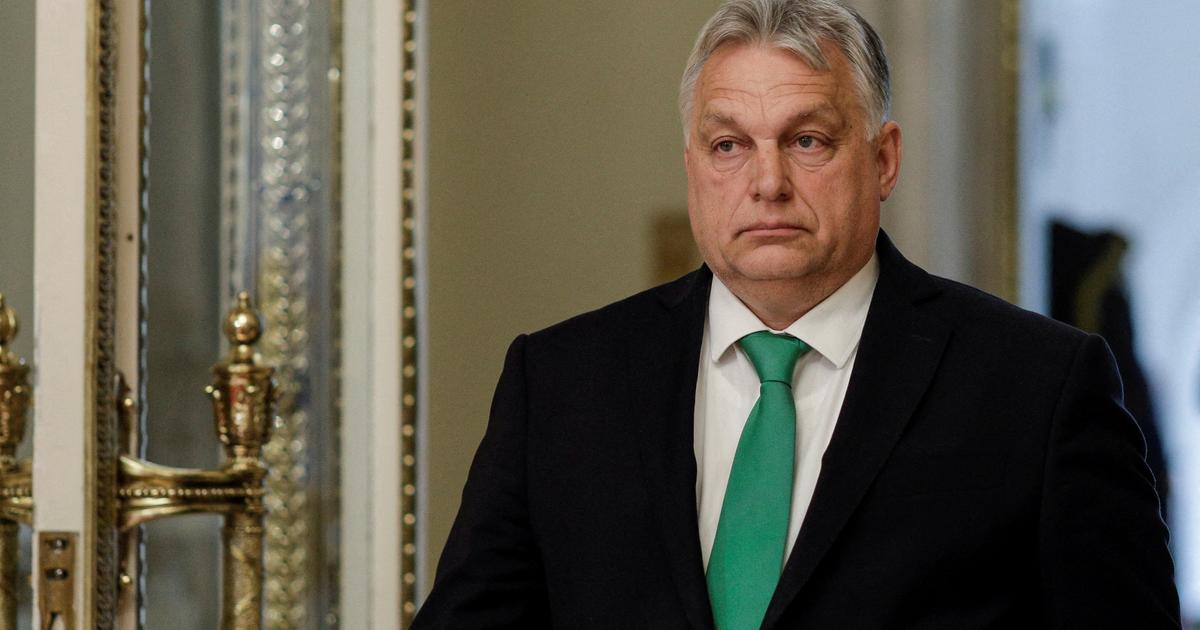Affected by the Omicron variant of the new coronavirus, the number of daily confirmed cases in Hong Kong has recently increased to thousands.
Regardless of whether the SAR government officials are willing to admit it publicly or not, it is a fait accompli that this wave of epidemics has lasted for more than a month and has reached an out-of-control situation.
The Chief Executive, Carrie Lam Cheng Yuet-ngor, once boasted that the epidemic prevention strategy could "prevent import from outside and prevent spread from inside", but today the reality is that "neither import from outside nor spread from inside can be prevented."
At this time, the Hong Kong and Macau Affairs Office of the State Council stated that the central government is highly concerned about the serious impact of the epidemic on the safety, health, economy and people's livelihood of Hong Kong citizens, and convened government officials and experts from Hong Kong and the mainland to jointly study, formulate and implement epidemic prevention policies and measures. It declares the embarrassment that the Hong Kong government cannot solve the epidemic alone.
In all fairness, the current government has encountered many unprecedented tests since taking office. First, the super typhoon "Mangkhut" hit Hong Kong in 2018, and then the amendment of the Fugitive Offenders Ordinance in 2019 stimulated social movements. It is the wave of new coronary pneumonia that continues to this day.
Overcoming so many trials for a single five-year government is an extraordinarily difficult challenge in itself.
The latest wave of the virus, which broke out just a few months before the current government left office, can be described as misfortune.
However, the outbreak of the mutant virus came later than in other regions. Last year, there were several months of "zero" confirmed cases in the local area, which means that Hong Kong government officials could take advantage of that time to formulate contingency plans for subsequent outbreaks.
Recently, there have been long queues in various districts waiting for testing.
(Photo by Liao Yanxiong)
The anti-epidemic response plan is full of errors and omissions
However, looking at the various countermeasures taken by the government a few days ago, the actual effect is full of mistakes.
Take the mandatory testing in designated places that the government claims to concentrate its efforts on as an example. Due to the spread of the epidemic, the number of people being tested is increasing, but the authorities have not opened enough testing stations for citizens to take samples. There were long queues, during which it was rare for those waiting to maintain a social distance of 1.5 meters from each other. Some citizens were forced to go to other district testing stations with less specified places. Such an arrangement seemed to have the opposite effect of the anti-epidemic measures. The grievances in the society are even more boiling.
In addition, the government distributes rapid test kits to encourage citizens to "take all the tests". It may be trying to respond to the public's suggestion of universal testing, but it has not figured out how to follow up after the distribution of test kits.
Officials originally told people with a positive initial test result to go to the hospital's emergency room for re-testing, and the waiting process often took several hours. Later, they also called on the public to take "point-to-point" transportation such as taxis. Many self-testers and taxi drivers are strongly dissatisfied.
Going to the emergency department of a public hospital is under enormous pressure, and the authorities have asked people with mild symptoms to turn to family doctors or other private medical services for help. Ignoring this may further spread the epidemic in most general clinics that do not have space for isolation.
The poor implementation of the above-mentioned anti-epidemic measures by the government has in turn created some unstable elements in society.
There were a large number of people waiting to be sampled, so a "queuing party" came into being soon, openly replacing the pay and queuing; and later, some testing centers set up dispatching machines to divert the flow of people, which attracted the "speculation party" The chips were resold for profit, and it was also suspected that someone had forged fake chips.
As for the Tai Wai Xin Cui Village Testing Station, which insisted on closing the gates on time, ignoring the fact that there were a large number of residents standing outside the site waiting in the cold night, which eventually led to small-scale clashes between the police and the public. I believe it is enough to remind the government that social grievances have reached a critical point, and any time It happened like the anti-vaccine demonstrations of Canadian truck drivers paralyzed the capital.
The number of confirmed cases has doubled in recent days, and the emergency department of public hospitals is facing enormous pressure.
(Photo by Liang Pengwei)
Overcoming difficulties by planning ahead
With the hasty launch of various anti-epidemic policies, government officials may feel that they have responded quickly, and front-line personnel are more certain to be exhausted. Unfortunately, their effect on curbing the epidemic still seems to be quite limited.
One aspect of this lies in the fact that officials failed to seize the opportunity to prepare in advance, and did not expect the situation that the containment would be ineffective and the epidemic would get out of control.
On the other hand, there are also far-reaching causes left over from past malpractice.
After years of disorderly governance, the government's prestige is unconvincingly low, and many citizens refuse to accept any explanation from officials about vaccinations or social distancing measures.
The deep-seated contradictions in the past led to the disparity between the rich and the poor and the lack of mobility in the society, which also affected individual radicals who would rather let the epidemic continue.
When people's lives are directly affected, they often feel or view the government the most strongly.
No matter what the officials said at the press conference, they would not appease the clamor of the citizens who waited for three hours outside the testing station; no amount of countermeasures the authorities listed could make up for the anxiety of citizens that they could not buy vegetables in the market.
The result is that on the one hand, the government seems to have done a lot of things, but on the other hand, it does not get much recognition from the society, even regardless of whether the political spectrum is yellow or blue. .
Recently, public opinion has been offering suggestions on how to remedy the deficiencies in the fight against the epidemic. For example, Leung Cheuk-wai, Dean of the Faculty of Medicine of the University of Hong Kong, proposed to follow the practice of “closing the city” in the Mainland based on model calculations. High-risk groups and vacated facilities.
The more noisy and talkative the society is, the more government officials can't be distracted and discouraged.
The ancients said: "Those who are good at government know that one thing cannot be quenched, so they can't prepare for nothing; they know that one thing cannot be lost, so everyone must share it." The government governance team must immediately consider the feasibility of each other in an all-round way, and find the most suitable option for the current situation in Hong Kong. More importantly, it is necessary to switch between different modes in advance to prevent the chaos in the early stage of the epidemic from recurring. Staged, flatly increases the risk of infection and death of citizens.
Whether or not he seeks re-election, Carrie Lam needs to deal with the fifth wave of the epidemic immediately.
(Photo by Liao Yanxiong)
The new government has another big exam
If it is said that the citizens are already fatigued in fighting the epidemic, perhaps the current government is more or less fatigued in governance after going through various challenges for four and a half years. Moreover, the difficulty of the exam questions this time is definitely no less than that of the past few times, and the time for answering is much tighter than before. .
But the very meaning of the government's existence is to meet challenges and rise to the challenge. What's more, the five-year term of a government is not short, and it is not surprising that there are more than one major challenges during the period.
Looking at the previous chief executives, Tung Chee-hwa took the East Asian financial turmoil, "bird flu" and "SARS", Tsang took the global financial tsunami and "swine flu", and Leung Chun-ying took the "Occupy Central" and Mong Kok riots. Pretty much average, but not bad.
In contrast, Lin Zhengyue fell earlier in the anti-revision movement. Maybe she thought that the political rectification from 2020 would be a good result, but how much of her own actions and how much she owes to the central government's ability, everyone knows.
The COVID-19 pandemic is a test paper facing leaders around the world today.
When Chinese President Xi Jinping attended the World Economic Forum in Beijing in the middle of last month, he talked about the "big changes unseen in a century" that are not limited to one-off events, one country and one region, and people all over the world are concerned about how to overcome the epidemic and build a post-epidemic world. .
Looking at other places that answered the same test paper, China has undoubtedly passed the test and successfully suppressed the spread of the new crown epidemic; many European and American countries are still answering the paper, but their people are not completely satisfied. deceased.
It is believed that the fifth wave of the epidemic in Hong Kong has not yet reached its peak, and no one knows what the final situation will be.
If the Lam Cheng Yuet-ngor government can do a little better in this big exam, it may be reluctant to hold a "tail lottery".
The nomination period for the election of the next Chief Executive will start next Sunday. Even if she has no intention of being re-elected, I believe she will still want to leave some good memories for the people of Hong Kong. She intends to run for re-election, and she needs to deal with the fifth wave of the epidemic immediately, otherwise she will continue to effectively govern Hong Kong.
Please pay attention to the 304th issue of "Hong Kong 01" e-Weekly Newsletter published on February 14, 2022. You can also
click here
to try out the weekly e-newsletter to read more in-depth reports.








/cloudfront-eu-central-1.images.arcpublishing.com/prisa/MXTXEH6DHZAIPOPMLXDFGPSG4Y.jpg)






